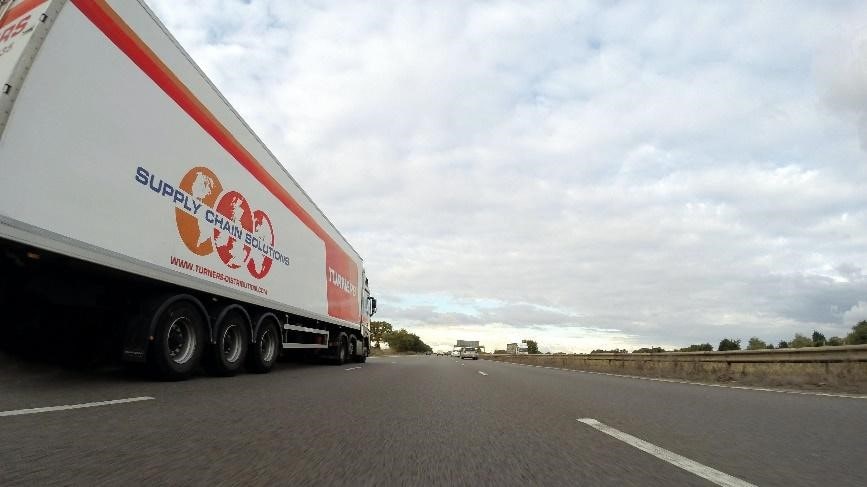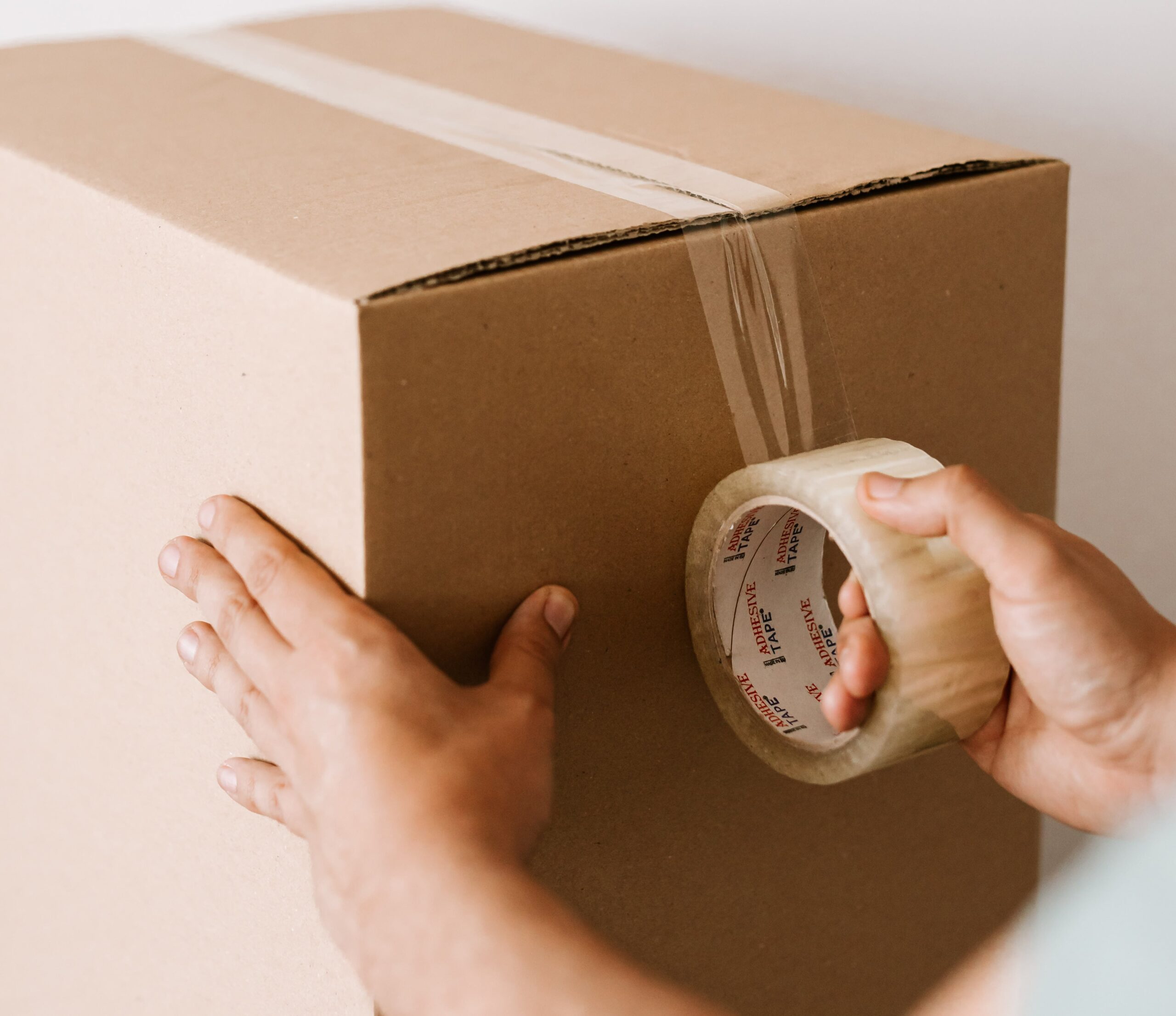About two fifths of the overall logistics costs are associated with the last mile – Frost & Sullivan, The Growth Pipeline Company.

What is the last mile?
You will often find the term “the last mile” used in supply chain management and transportation. It basically relates to the final part of the journey, for instance, the movement of goods from a warehouse to a supermarket shelf, or from a van to your front door.
Why is the last mile so important?
As the final step in the process, it is imperative businesses get the last mile right. Customer satisfaction is key. Nowadays people are unwilling to accept a less-than-average service, and this extends to the delivery of goods. Competition is fierce, so if you want to retain your customers you need to offer a great experience.
However, providing a great experience takes time and money! The cost of ensuring everything runs smoothly can run high, and last-mile delivery charges are climbing. Businesses need to take steps to maximize efficiency and come up with innovative delivery concepts to combat this.
Last mile fulfilment
With customers demanding more control over the delivery of goods, in terms of where and when parcels are shipped, the last mile can be problematic. Ideally, customers like to know an approximate parcel delivery time. They also want to see real time updates on the status of the delivery. Businesses who get this right can build a better rapport with customers, gaining trust and loyalty.

The future of last mile delivery
There are changes afoot in the world of transport and delivery fulfilment. New advancements such as delivery robots, drones, and driverless vehicles are on the horizon. This will have an impact on delivery speed, but will bring a whole new set of challenges.
It is therefore important for businesses to take stock of their operational efficiency and profitability now. This can be achieved by gaining an understanding, and keeping a tight control of delivery solutions.
Meeting expectations and managing inefficiencies
It’s not always easy to meet the demands of exacting customers. Today, people are increasingly busy, and are not always readily available. Customers might prefer to specify a day or time for delivery, or to nominate a safe place where an item can be delivered.
Unfortunately, the delivery process is not always smooth sailing. Delivery routes may be managed inefficiently (leading to delivery delays) and sometimes there are other, unforeseen circumstances, such as vehicle breakdowns, accidents, etc. slowing things down. This could result in goods arriving later than planned.
Occasionally, parcels are mislaid, or delivered to the wrong person or place. Issues surrounding delivery can impinge on the reputation of a business, and can also cost money in unnecessary charges.
Can a freight invoice audit save money?
Businesses need to keep tight control of their delivery costs, especially in light of recent challenges including Covid19, but it’s not always easy. That is where a reputable freight auditing company, such as Betachon, comes in handy. The company carries out DHL, UPS, and FedEx auditing and will give everything the once over on your behalf. They will check invoices, secure refunds for late deliveries, and help you to take back control of your delivery costs.
